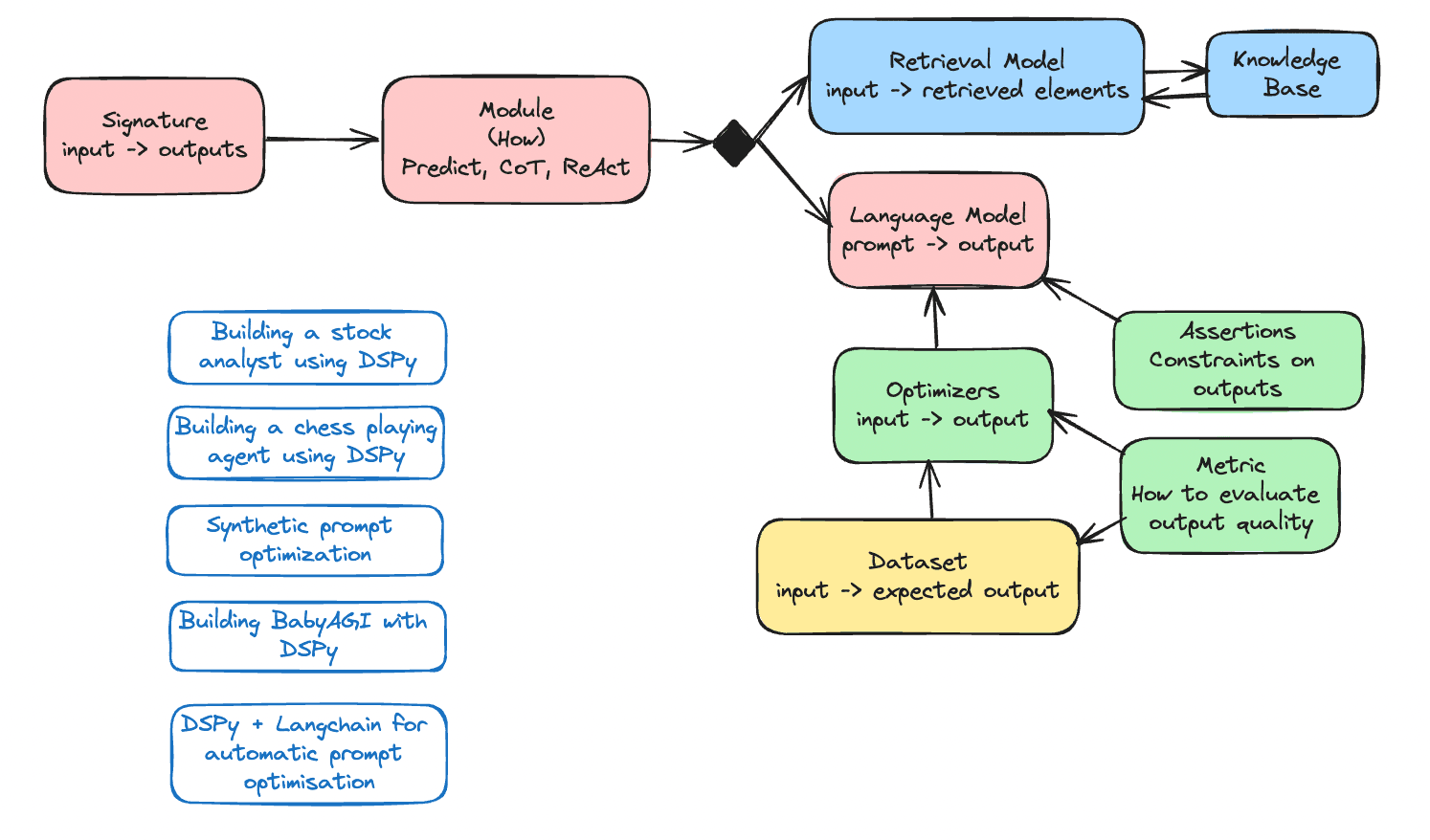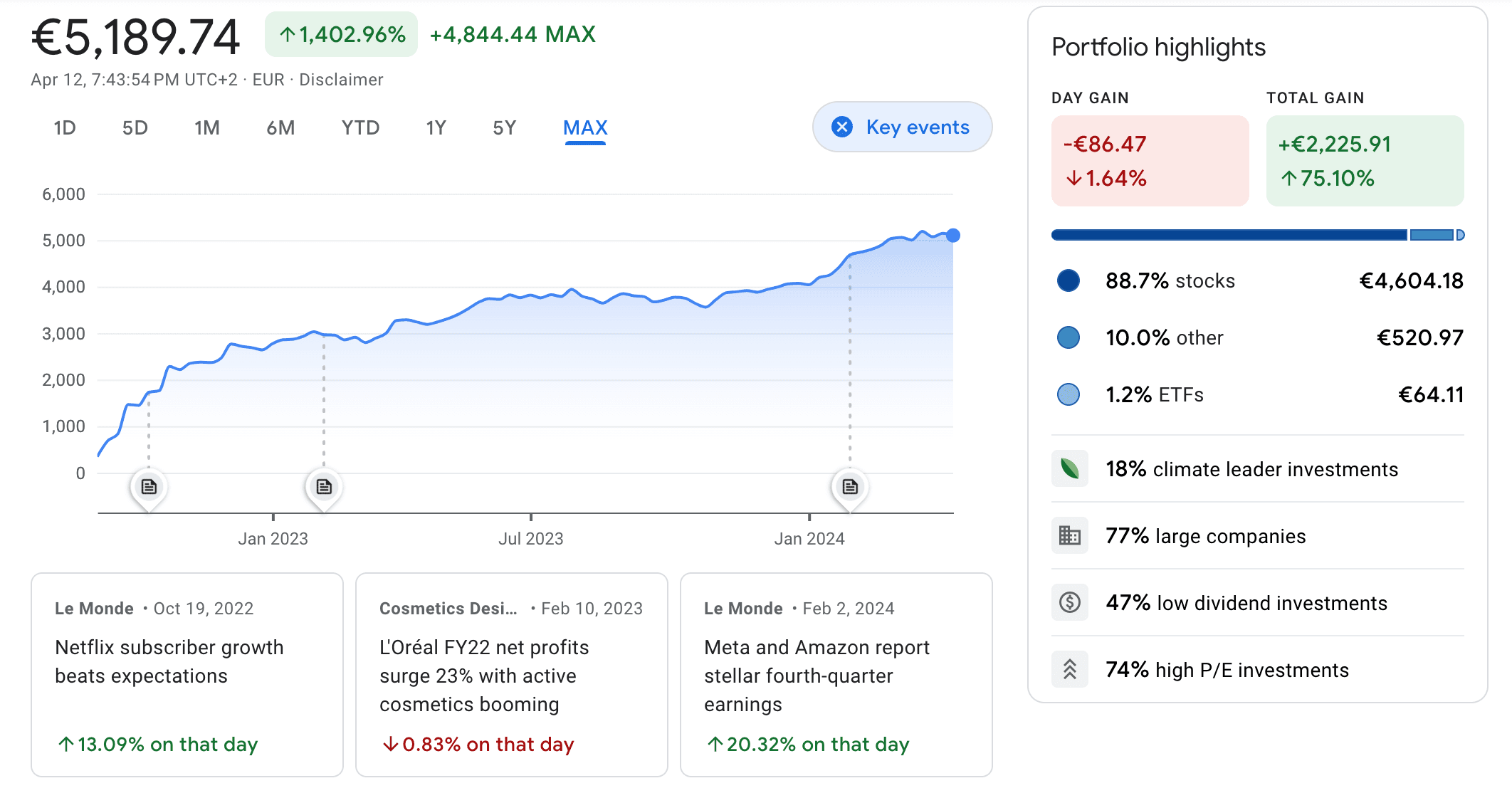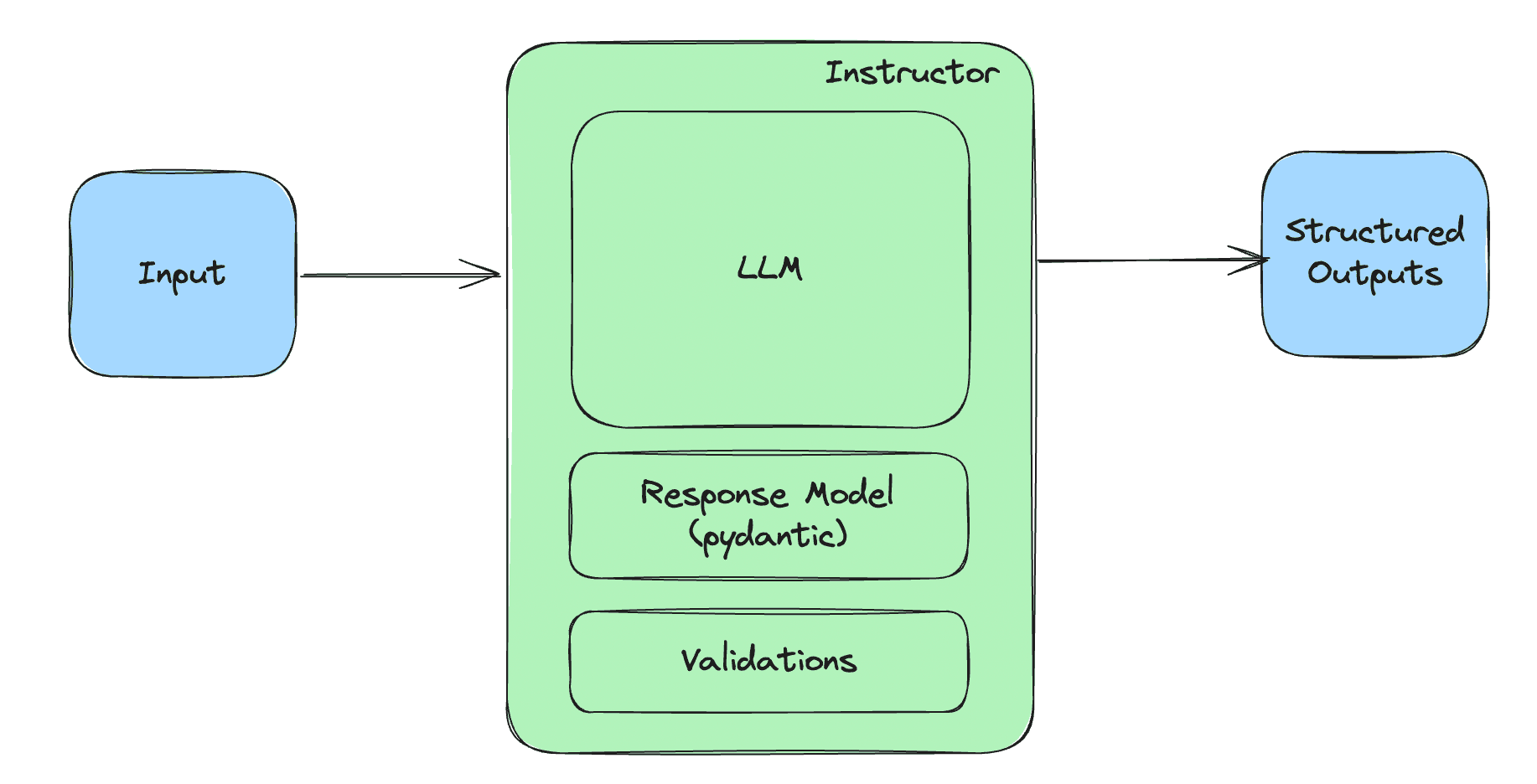Minimize the amount of effort necessary to generate outsized returns. That is what working intelligently is all about.
For that, you need focus, and strategic thinking before doing.
And focus is about saying no to a lot of tempting things, things that may appear interesting or valuable for some short-term gain, but might not be for long-term success.
Now, I also think short-term successes are important because they serve as motivators and might even bring some short-term revenue essential for survival. But short-term should never exceed 20-30% of commitment. 70-80% of commitment should be about long-term value creation, and that requires strategic thinking, iteration, and experimentation to refine your theory of what is necessary to win long-term.
Discipline is about making sure short-term never takes more commitment than long-term. It's about making sure you are not just busy, but you are busy with the right things.
And the right things are those that are aligned with your long-term vision, your long-term goals, and your long-term strategy.
So, the next time you are about to make a decision, ask yourself: is this aligned with my long-term vision? Is this aligned with my long-term goals? Is this aligned with my long-term strategy?
If the answer is no, then you should probably say no to that decision. If the answer is yes, then you should probably say yes.
And remember, the more you say no to the wrong things, the more you can say yes to the right things. And that's how you win in the long-term.



